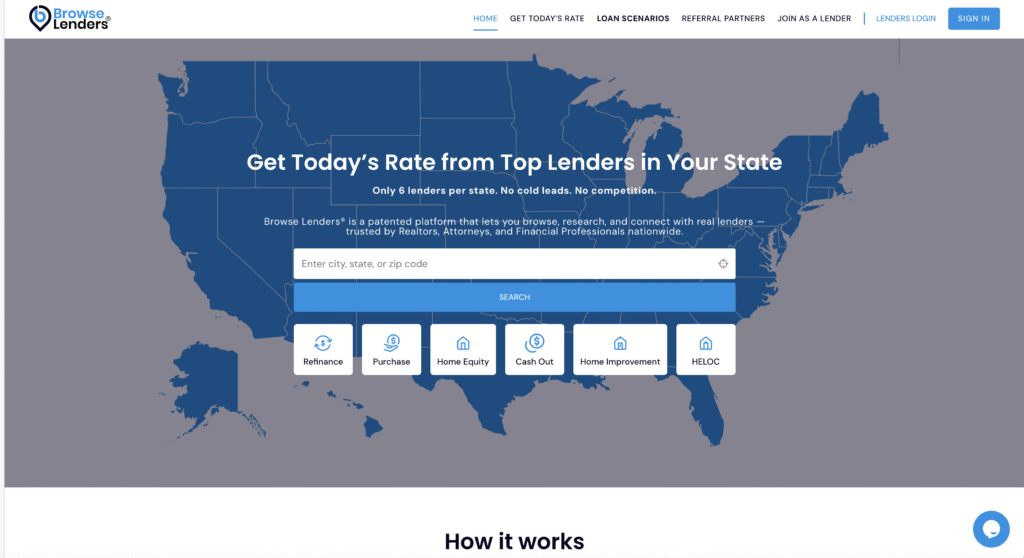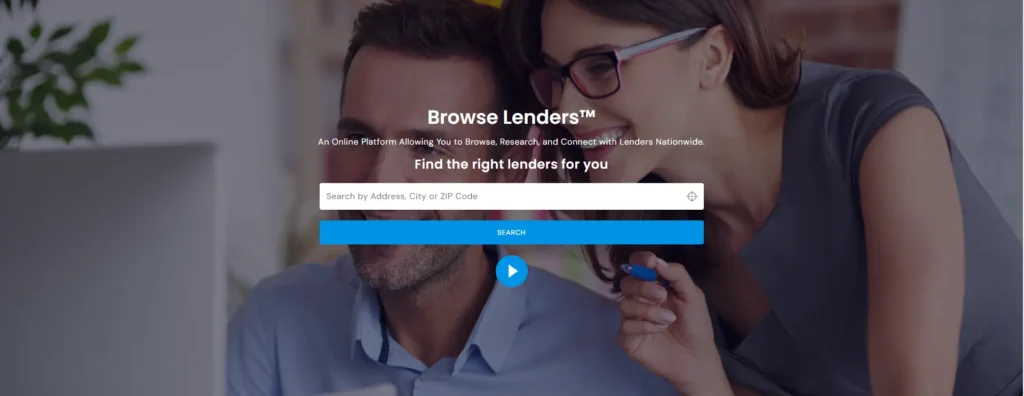Protect Your Rights. Stop Unverified Collections. Strengthen Your Middle Credit Score®.
When a collection agency contacts you about a debt, you have the legal right to demand written proof that the debt is valid and collectible.
A Debt Validation Letter—authorized under Section 809(b) of the Fair Debt Collection Practices Act (FDCPA)—forces a collector to verify the debt before continuing any collection efforts or reporting it to the credit bureaus.
At Middle Credit Score®, we empower consumers to handle disputes and credit repairs themselves, using free, compliant templates and clear guidance.
This letter, available through our Credit Dispute Letters Support Center, is a crucial tool for protecting your financial reputation from inaccurate or fraudulent collections.
🔍 When to Use a Debt Validation Letter
Send this letter when:
- You receive a notice or phone call from a new collection agency.
- You’re unsure whether a debt truly belongs to you.
- The amount claimed seems incorrect or inflated by fees.
- You want written verification before making or negotiating any payment.
Under the FDCPA, debt collectors must suspend all collection activity—including calls and reporting—until they provide proper validation of the debt. Failure to do so is a direct violation of federal law.
💡 Why This Letter Matters
Collection errors are one of the leading causes of credit score drops. Many consumers unknowingly pay debts that are outdated, already settled, or never belonged to them.
By sending a Debt Validation Letter, you:
- Force the collector to prove ownership and balance accuracy.
- Prevent unverified debts from appearing on your credit report.
- Document your dispute to support future FCRA or CFPB complaints if needed.
- Safeguard your Middle Credit Score® from unlawful or mistaken collection entries.
🧭 Step-by-Step: How to Send
- Draft the letter using the free template below and include the collector’s name, address, and reference number.
- Send it by certified mail with return receipt within 30 days of the first contact.
- Keep copies of all correspondence and mailing receipts.
- Wait for a written validation package before paying, settling, or negotiating.
If the collector can’t validate the debt, they must cease collection and remove the account from your credit report.
🔗 More Free Resources
Explore more templates and guidance in our
➡️ Credit Dispute Letters Library and build stronger credit habits with lessons from the
➡️ Middle Credit Score® Academy.
🧠 Bottom Line
A Debt Validation Letter gives you leverage, proof, and protection.
It’s your legal shield against inaccurate collections and a vital step toward keeping your Middle Credit Score® accurate and healthy.
Debt Validation Letter (FDCPA 809(b))
[Your Name]
[Your Address]
[City, State ZIP Code]
[Date]
[Collection Agency Name]
[Agency Address]
Re: Request for Debt Validation Under FDCPA Section 809(b)
To Whom It May Concern,
I am contacting you regarding your recent communication concerning the alleged debt for [original creditor name, account number if known]. This letter serves as my formal request for validation of this debt under the Fair Debt Collection Practices Act (FDCPA) Section 809(b).
Please provide the following documentation:
- The name and address of the original creditor;
- The amount of the alleged debt, including any fees or interest;
- A copy of any agreement or documentation bearing my signature; and
- Verification that you are authorized to collect this debt.
Until this information is provided, I request that all collection activity and reporting to any credit bureau cease. If you are unable to validate the debt, please immediately remove any related information from all consumer credit reports.
Thank you for your cooperation.
Sincerely,
[Your Signature]
[Your Printed Name]
⚖️ Disclaimer
The sample letter provided above is for educational and informational purposes only. Middle Credit Score® does not guarantee specific results or credit report changes. Each creditor, collector, or bureau may have its own policies, and outcomes may vary. Consumers are encouraged to review the Fair Credit Reporting Act (FCRA) and Fair Debt Collection Practices Act (FDCPA) and seek professional or legal advice if they need personalized assistance. Middle Credit Score® is not a credit repair company and does not perform credit repair services.






